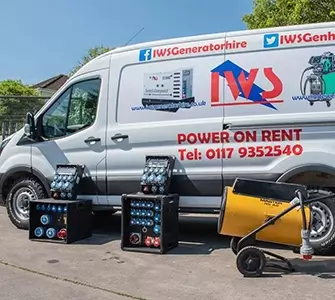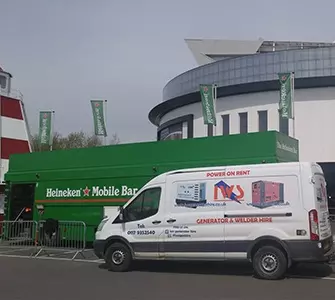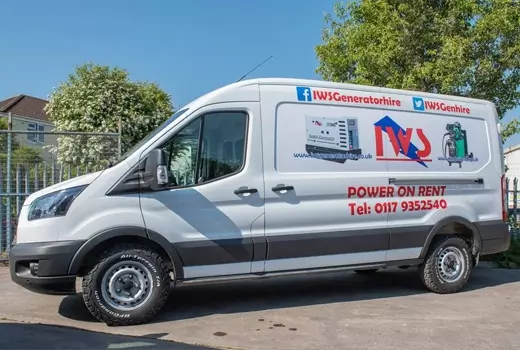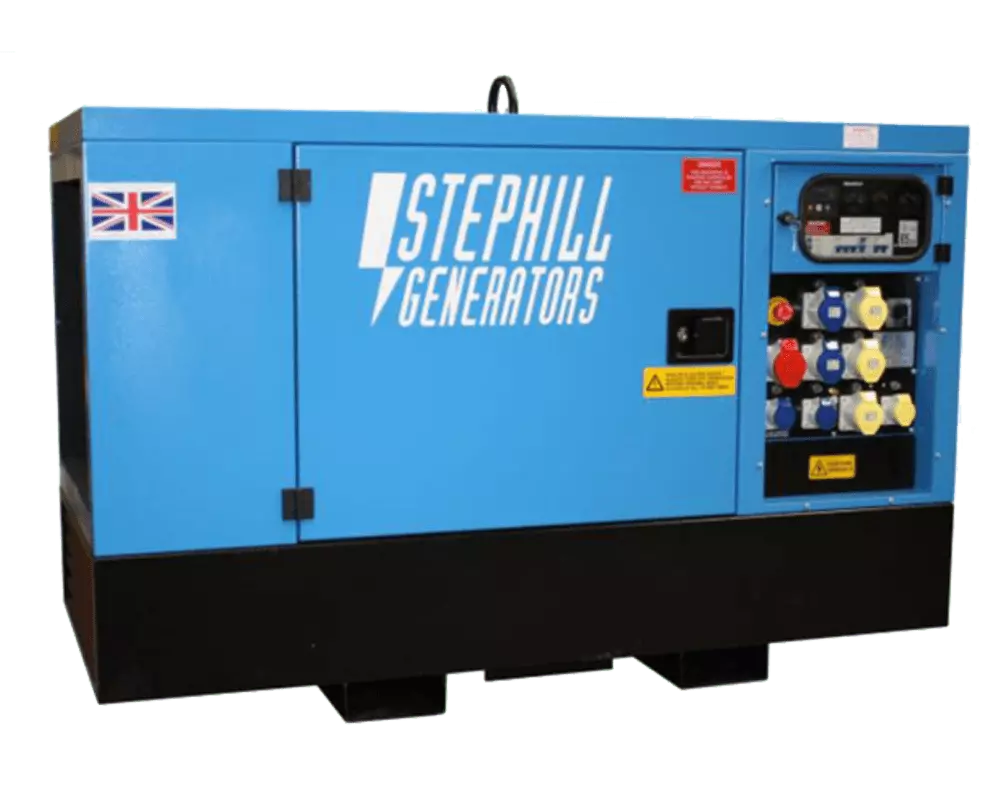What is The Best Type of Generator
Generators are usually used as a backup power system for when there is a grid power outage, or in areas where grid power can't reach. They generate electricity by converting chemical (mechanical) energy into electrical energy by forcing the movement and motion of electric charges through the circuit.
To determine the best type of generator, you need to consider many factors before buying. For example:
- The number of appliances you need to power
- Your power requirements for each appliance
- The usage of your appliances
- What you are going to be using your generator for
- How often you'll be using the generator
- Features you'd like your generator to have

The size of a generator is measured in wattage, not width, weight, height, or length, and it's so important to get the right size to fit your power requirements. If you buy a generator that is too large, you' ll be overpaying for the power you aren't using. However, if you buy a generator that is too small, it could overheat, and your electronics won't be receiving enough power, causing them to underperform.
To work out which size generator you need, you need to firstly make a list of all the electrical appliances you want to power. Then, you need to find the starting wattage, running wattage and total wattage of each electrical appliance and add them all together.
After this, look at all the different sizes of generators and see which would match your power requirements. Also, you need to work out the run time of each appliance, as this will also affect the power usage. If you need help, you can always contact a professional to point you in the right direction.
What Types of Generators Are There?
There are three main types of generators, each with different uses and features. Although they have their various differences, they are all maintained in relatively the same way. The maintenance should be done by a professional, and you should have your generator serviced regularly. To help you find the best generator for you, here is some information on each:
Inverter Generators
Inverter generators produce AC power, by converting it into DC power, then back into AC. This creates a steady electrical current to power your electrical appliances, which will make them work more efficiently, and furthermore need less energy to power them.
Portable Generators
Portable generators are beneficial to have in case of natural disasters occurring, and bad weather conditions that cause grid power outages. These generators can supply power through all different weather conditions, and will continue to until the grid power comes back.
Standby Generators
Standby generators can switch on automatically when there is a power outage, and automatically switch themselves off when the power comes back on, using signals from the energy supply. A Standby generator is basically a backup power system, and are perfect for an emergency when there is an unexpected power cut. A standby generator is particularly the best choice for hotels, hospitals, restaurants, and other large buildings holding a lot of people.

Fuel Sources for Generators
To convert chemical energy into electrical energy, generators use fuel sources. There are pros and cons to each fuel source, from affordability to short life-spans. However, you must use the fuel source that will be most suited to your uses for the generator. Here are a few of the fuel sources for generators, and some of the advantages of each. This should help give you an idea of what to look out for when you're purchasing a generator:
Diesel
- Affordable to run
- Last a long time
- Least flammable
- Easy to obtain
Propane
- Long shelf life
- Readily available
- Quiet during operation
- Clean burning
Natural Gas
- Never-ending supply
- Very affordable
- Easily obtainable
- Quiet engine noise
Gasoline
- Low-price option
- Come in smaller sizes
- Highly portable
- Easy to obtain
Crude Oil
- Easily transported
- Available anywhere
- Can be used as a lubricant for maintenance
Uses of a Generator
Generators have many uses and can be beneficial to your everyday life. The different types of generators are useful for different purposes and power requirements. Here are a few of the uses, and which generator would be best for each:
Features To Look Out For
Each type of generator comes with different features to suit various purposes. It's essential to pick the one that would suit you best, which is why there are specific features you should be looking out for. Here are a few features and why they are useful:
Lightweight
Lightweight generators are easy to move around and transport to different locations. They are also easy to store away and set up when necessary. It also means you can use them for camping or caravans as they are easy to take in your car, or set up outside your tent.
Quiet Operation
Generators with a quiet noise level mean no distractions during events or in your home. It can be very disturbing in restaurant facilities, or hotels, to be able to hear the generator running, which is why having a quiet or silent operation can become very beneficial.
Long Run Time
Depending on whether your generator is for long-term or temporary use, having long running times means it will be able to power your essential electric appliances for a longer period of time, without causing problems to the generator.
Moveable
For uses such as construction sites, having an 'easy to move' generator, means you can easily take it from job to job and can move it around as necessary. Construction sites can be large areas, so, therefore, it;'s important to be able to move the generator around as needed.
Conclusion
To answer the main question, "what is the best type of generator?" you need to decide which generator is best for your power requirements, what you want to use your generator for, and how long you will need to use it for. Different generators will be best for different situations and uses. To figure out which generator is best for you, you need to consider the following factors:

- What do I need to use the generator for?
- How does each type of generator work?
- What electrical appliances do I need to power?
- What are my power requirements?
- What size generator do I need?
- What features do I need my generator to have?
Once you have considered all these factors, you can work out the best generator for you. Remember, you can always ask for help from a professional if needed.
IWS Generator Sales
We offer excellent customer service skills, and a wide range of new and used generators, with a variety of top quality brands. The services we offer include installation, delivery, repairs, generator hire, servicing and sales. With our years of experience, we have gained expert knowledge, and we are, therefore, able to give you adept advice on which generator to buy.
It is always best to talk to a professional before making your purchase to avoid problems with your generator in the future. If you require any further information, please visit our website, or contact us today via phone or email. A member of our professional team will always be on hand to answer any of your questions or queries.
If you are looking for reliable generators for sale, we provide the best brands with UK wide delivery.





